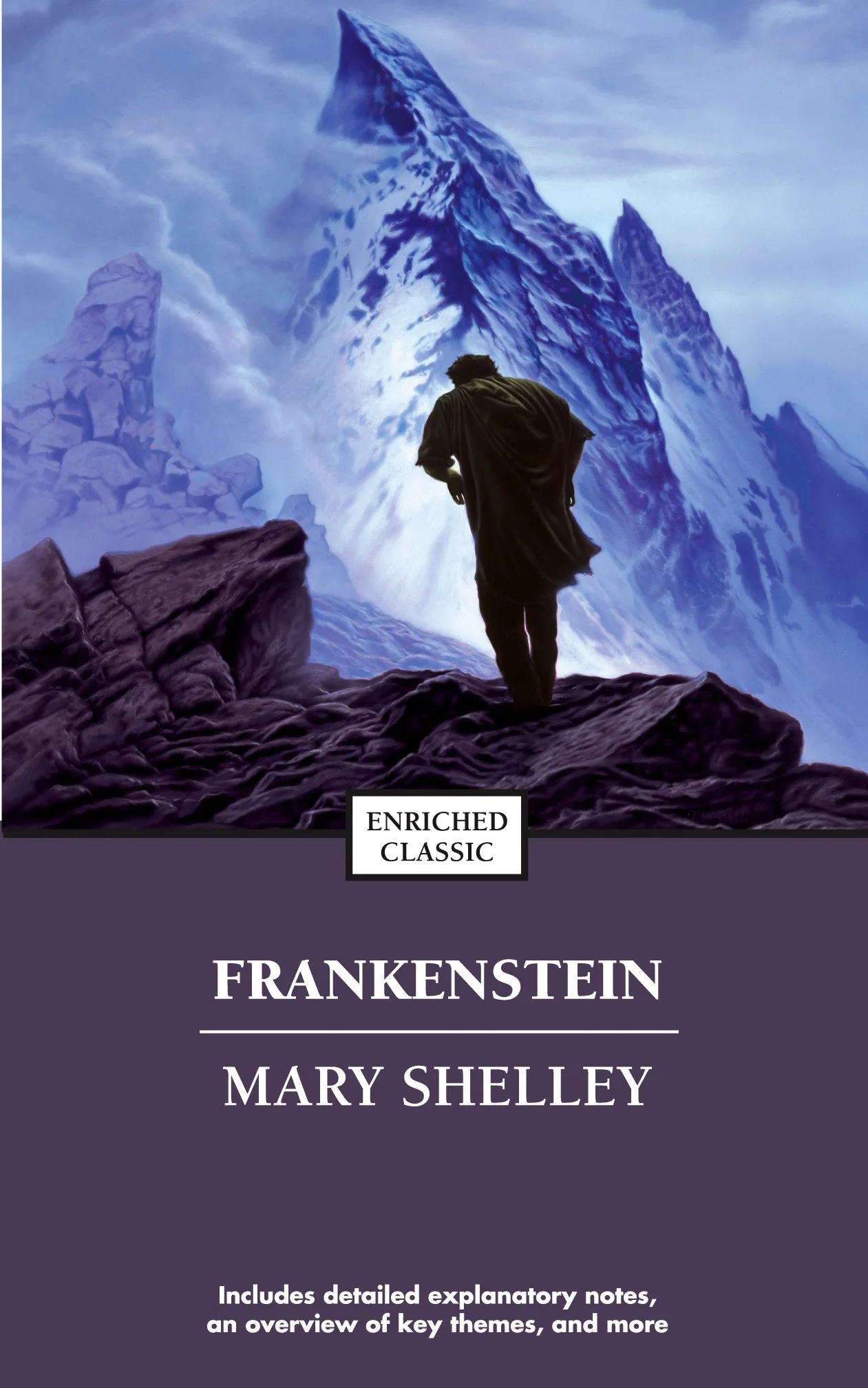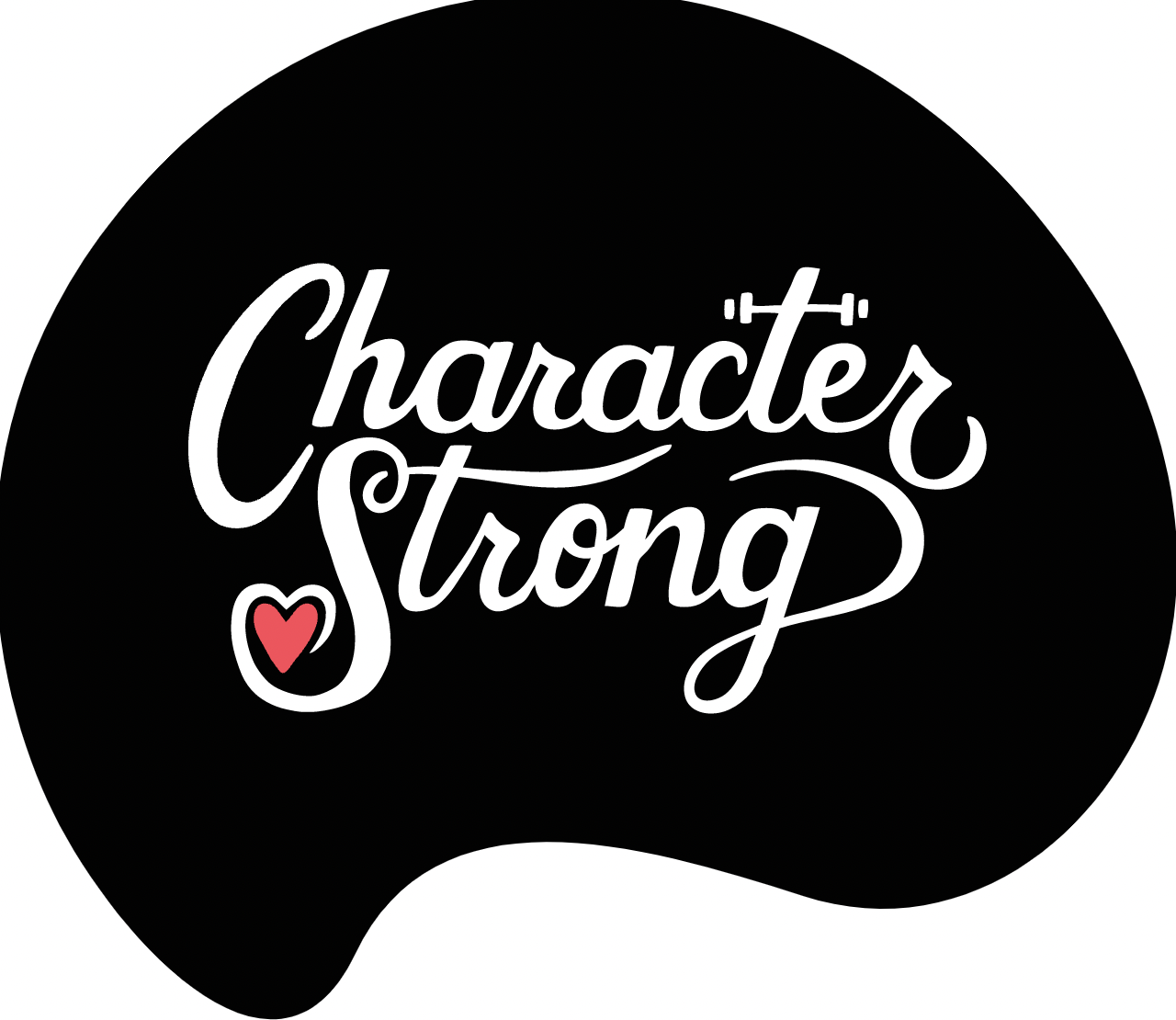Advice For Advisement
Maggie Kidd
The first day of school. A very anticipated and dreaded day. Freshmen eager for their first day of high school, and seniors excited for their final year. You go to first block, probably dozing away with talk of the syllabus, and then you get to advisement, the best part of the day. Your teacher then tells you that you get to watch the advisement slideshow: A fifteen minute presentation about the “Charger Way,” that may make juniors and seniors want to fall asleep due to the astronomical amount of enthusiasm.
The freshmen may watch intently with the hope of learning valuable information about their school, and are soon rewarded with the knowledge that they must follow rules that are nearly identical to the middle school. In the next few days, we will do a plethora of thrilling activities in order to get to know the classmates we have known for the past three to six years. It is the same every year. The majority of the student body seems to find these activities tedious and pointless, myself included. Most of us do not see the point in slideshows that give us tired information and continually take away from time that could be used to get help from teachers or studying.
The Presentation Predicament
It may be that the problem with advisement presentations is that they’re quite tedious to watch, even to most withstanding of students. A recent survey was taken by 71 members of the student body. 70.4% of which were juniors, 28.2% were seniors, and 1.4% of which were sophomores. The survey revealed that 47.9% of students found that there is sometimes valuable information, 52.1% found that there is never valuable information, and 0% said that there is always valuable information. There seems to be a misconception of the necessity of the information provided. The survey also studied how often students pay attention to the information. 5.6% always pay attention, 47.9% sometimes pay attention, and 46.5% of students never pay attention. With students seeming to gain no consistent valuable knowledge and having a lack of participation, it seems to be a waste of time for all parties involved ie. people creating the slideshows, teachers reviewing them, and students watching them.
The Presentation Purpose
While most students seem to find little to no value in the presentations, it should be acknowledged that there are pieces of information that are necessary for students to know. Freshmen need to know how our scheduling and bussing works, as well as seniors needing to do financial literacy. In an interview with Associate Principal Mr. Mark Otto, he says that financial literacy is something that the state requires seniors to complete across Wisconsin. I do think that this is good for seniors, especially those who do not take personal finance. But in addition, he also stated that there is technically nothing else that is required by the state to complete in order to graduate. With this information, it seems that there could be a better use of time in making presentations specifically for each grade level that cater to their needs.
The Presentation Possibilities
While there seems to be a miscommunication between what is actually useful and needed in the slideshows, there could be a way to combine forces to create slideshows that would be beneficial. Many students taking the survey had ideas of what would actually be interesting, or useful for them to watch. Peyton Impola, a current senior, says, “I wish there was something for me when I was a junior regarding how the Common Application works.” As a junior, I am surprised that this is not already part of the curriculum, as it would be very beneficial since most juniors start filling out the Common Application in August.
Another senior, Jasleen Kaur, also had suggestions for the presentations. “Adding post grad info, internships, and what we should be doing in the Summer would be quite beneficial.”
A third response from junior Danica Joyner says, “I’d like to see different slides that connect to the different grades instead of all grades doing the same ones multiple times year after year. For example, junior advisement could be more ACT-focused and introduce better college preparation.”
In all of these responses, the trending theme tends to be college or postgraduate career information for upperclassmen. Most of the other responses stated that they didn’t think that they needed the same information given to them as freshmen and sophomores. One last thing that I think would be helpful is to have a group of students to work on slideshows so they can be catered to each grade. There could be information that is relevant to them, and maybe a few slides dedicated to things going on within the school. With these suggestions, I hope that there could possibly be a revamped and interesting curriculum for students to find value in watching them.
“The purpose of Advisement is to conduct school business and allow students to meet with teachers and receive support on assignments and tests.” This is what advisement is said to be in the 2022-2023 student handbook. As it clearly states, advisement is supposed to be used for studying, and getting help with homework from teachers. Using this valuable time to give tired information is a waste of everyone’s time. In addition to this, the student handbook also says that there is “grade-specific curriculum.” I think that telling seniors how bussing and bell schedules work is the most contradictory execution of this statement. Making advisement a meaningful use of time will benefit everyone in the long run. It will be helpful for students knowing that they are getting applicable information, and for administrators knowing that they are not putting time and effort into something that students won’t listen to.








